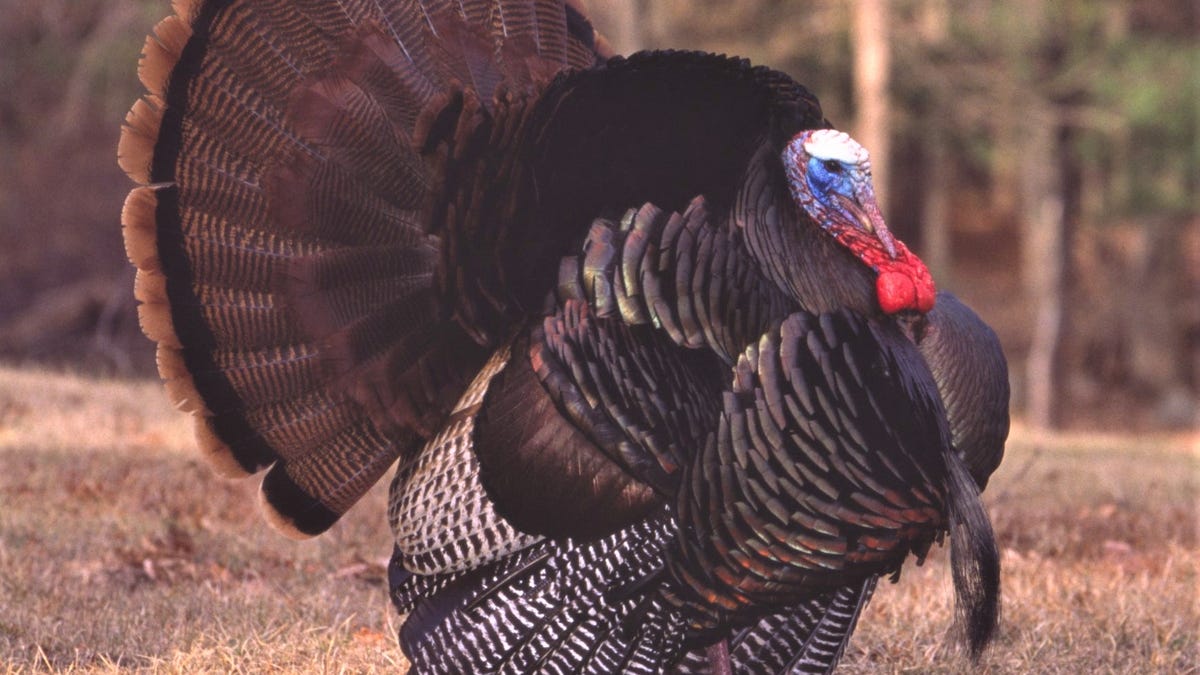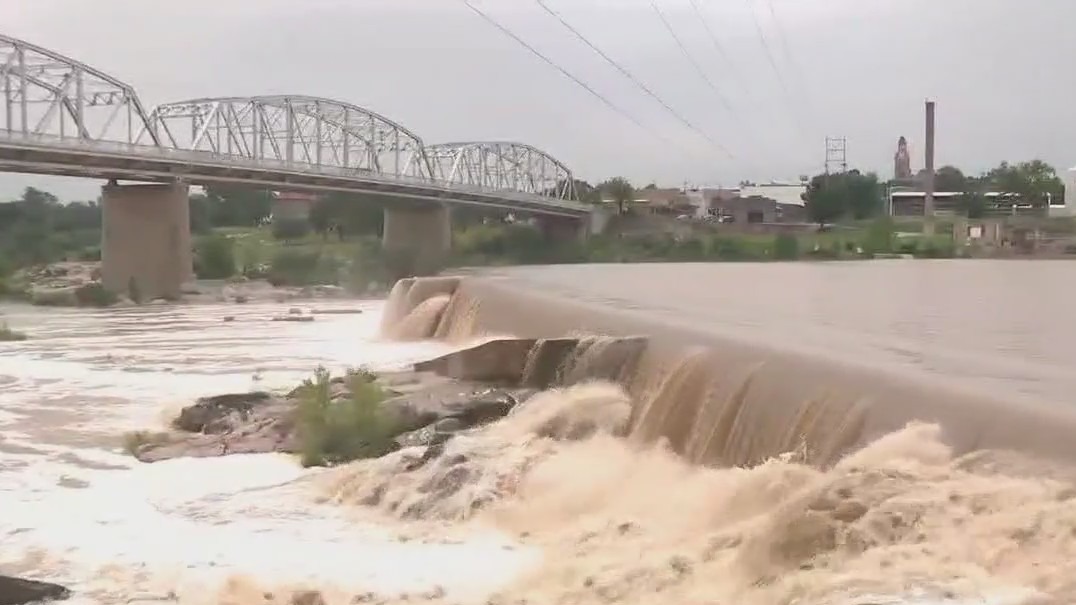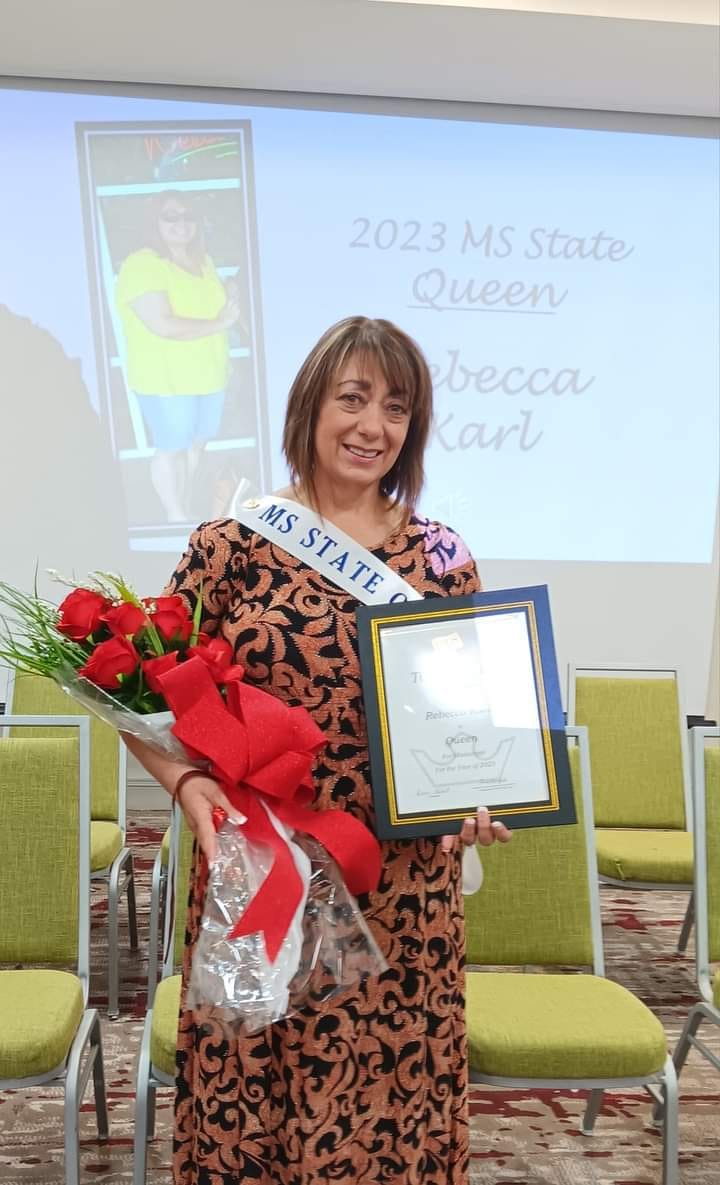A top financial manager with the $80 billion Alaska Permanent Fund Corp. in emails raised concerns about efforts by the fund’s vice chair to set up meetings between Permanent Fund staff and business associates or companies with ties to a company she owns.
The emails were first obtained and published on the website Alaska Landmine. Landmine owner Jeff Landfield declined to say who provided the emails to him.
Marcus Frampton, the fund’s chief executive officer, asserts in the emails that Ellie Rubenstein, vice chair of the fund’s board of trustees, has conflicts that involve business associates with ties to Manna Tree Partners, her private equity firm.
The emails were sent to Frampton’s colleagues at the fund, including the fund’s chief executive, Deven Mitchell, who replies to one email to thank Frampton for keeping him and other colleagues “in the loop.”
Frampton declined to comment for this story. Rubenstein, the co-founder and managing partner at Manna Tree, said in a statement that she follows the corporation’s ethical rules.
Frampton in the email asserts the conflicts include Rubenstein’s father, billionaire David Rubenstein, co-founder of the Carlyle Group, one of the world’s largest private equity firms. Carlyle is an external private equity manager for the Permanent Fund that handles close to $500 million in commitments for the fund. David Rubenstein is also a limited partner in Manna Tree. Ellie Rubenstein’s mother is Alice Rogoff, who purchased the Anchorage Daily News in 2014, changed its name to Alaska Dispatch News and owned the company until it filed for bankruptcy protection in 2017.
Frampton suggests in the emails that Ellie Rubenstein has worked to set up meetings between the staff and investors with whom she has financial ties, in ways that could benefit those associates or their businesses.
She apparently wants to reshape the fund’s “private credit” asset class, Frampton said in an email.
She has also called for the firing of a Permanent Fund investment analyst her father was apparently displeased with, after the analyst met with her father, Frampton writes.
Allen Waldrop, the head of private equity investments for the fund, also sent an email providing context to say that Ellie Rubenstein coordinated directly with the investment analyst to arrange the meeting during a trip.
“This was not something we discussed in advance nor did we plan when we arranged the trip,” Waldrop said in the email.
Rubenstein said in a prepared statement this week that she follows the corporation’s rules involving ethics and disclosures. In one of the emails disclosed in the release, she told a Permanent Fund manager in “full disclosure” about her business ties to a limited partner in Manna Tree.
“Introducing and connecting Permanent Fund Staff to investment firms so that they can explore opportunities is an appropriate and valuable role and is common practice among state pension boards, endowments, and sovereign wealth funds,” Rubenstein said in the statement to the Daily News.
“In this role, I have always followed the Permanent Fund board’s ethics rules and disclosure requirements, and I was unaware of these concerns about my service on the board,” she said.
“That someone leaked internal messages containing confidential information to the media is disturbing; it is a breach of policy and trust, and it distracts from the important work the Permanent Fund trustees and staff are doing for the state of Alaska,” she said.
The state corporation’s Board of Trustees will hold a virtual special meeting Wednesday to discuss the breach. The public can tune in. But the board may enter executive session in private because discussions about potential vulnerabilities could cause financial harm, according to an online public notice.
The Daily News requested the emails as well as text messages referred to in the emails, through a public records request. The agency is processing the request according to the law, said Paulyn Swanson, spokeswoman with the fund. “At this time, we anticipate fulfilling this request within the standard 10 business day time frame and will let you know if an extension is required,” she wrote in an email Monday.
‘Conflicts of interest’
Ellie Rubenstein has encouraged staff to engage with business associates or companies with ties to Manna Tree, Frampton asserts in his emails. But while staff members attended meetings in some cases, they took no action in response, he wrote.
In a Jan. 16 email, Frampton wrote that a “serious” and “uncomfortable” topic involves Rubenstein’s “conflicts of interest.”
Frampton shared the writing with Mitchell as well as Sebastian Vadakumcherry, the fund’s chief risk and compliance officer.
Rubenstein has made “dozens upon dozens of investment manager referrals” in her year and a half on the Permanent Fund board, Frampton wrote.
“Many of these have been in the private credit space and my team has declined to pursue all of them,” Frampton said in the email.
The Alaska Permanent Fund’s private credit asset class was valued last year at $2.1 billion.
Private credit often involves the issuing of loans to private companies. The loans can support private equity companies as they acquire businesses, according to the fund’s 2023 annual report.
Frampton said in the email that he gathers that Rubenstein wants to see larger investments in private credit and a change in staff who manage it.
A ‘fairly emphatic pitch’
In his Jan. 16 email, Frampton highlighted some of the specific actions by Ellie Rubenstein that he said constitute conflicts of interest.
One example involved TCW, an alternative investment management firm that is a subsidiary of the Carlyle Group, according to Frampton’s email.
Several of TCW’s senior principals are limited partners in Manna Tree, he said.
Frampton said that Ellie Rubenstein texted him last year with a “fairly emphatic pitch” that the Permanent Fund “pursue an investment in private credit with TCW,” he wrote.
Frampton’s team reviewed the potential investment and declined to pursue it, he said in the email.
‘All good on APFC?’
In another example cited by Frampton, he said Ellie Rubenstein encouraged Alaska Permanent Fund staff to review Churchill Asset Management, a private credit firm.
The firm is run by Ken Kencel, who “personally is a client of Manna Tree,” and is a former Carlyle executive, Frampton said in his email.
Frampton’s email referenced an earlier email thread he’d received from Ellie Rubenstein in October, in which she wanted to set up a meeting between Kencel and Frampton.
In the email to Kencel and Frampton, Rubenstein said “full disclosure” and explained that Kencel is a limited partner with a Manna Tree fund.
The thread also included an email from Ellie Rubenstein to Kencel. In the thread, she asked Kencel, “all good on APFC?”
Frampton asserted in his email that Rubenstein was essentially asking Kencel “how his efforts on soliciting money from APFC is going.”
Chris Ullman, a spokesperson for Ellie Rubenstein, said in an email, “Ellie was seeking to confirm that Mr. Kencel’s emails had been returned by the staff. This is a staff responsiveness and accountability issue, as she has noted publicly before.”
A ‘difficult interaction’
In an email on Feb. 5 to colleagues, Frampton indicates he met with Harvey Schwartz, the chief executive of Carlyle, during a trip in a meeting “indirectly arranged” by Ellie Rubenstein.
Frampton said he told Schwartz the Permanent Fund has an “expansive and robust” relationship with Carlyle.
But Schwartz disagreed with that, and said he hopes to do more business with the Permanent Fund, Frampton said in the email.
In that email, Frampton also said he met with Ellie Rubenstein, who told him the investment analyst who did not impress her father should be fired. Ellie Rubenstein also said Tim Andreyka should not be the fund’s real estate asset investor. Frampton said he did his best to engage her in a “neutral fashion,” according to the email.
Mitchell, the fund’s chief executive, replied to say he believed that Frampton had handled “this difficult interaction as professionally as possible.”
Frampton in his Jan. 16 email wrote that Rubenstein may have conflicts that are clouding her views toward the Permanent Fund staff and operations.
“A reasonable person might wonder if her current position is some sort of retaliation for rebuffing” investment referrals such as those involving companies like TCW or Churchill, Frampton wrote.
Board, staff reviewing ‘all relevant information’
The Alaska Executive Branch Ethics Act says public officers should conduct business in a way that avoids conflicts of interest. A public officer can’t attempt to use “an official position for personal gain, and may not intentionally secure or grant unwarranted benefits or treatment for any person,” it says.
Gov. Mike Dunleavy appointed Rubenstein to the fund’s six-member Board of Trustees in June 2022. He has appointed or reappointed all its members.
The governor can remove a public board member “only for cause,” according to state law.
The governor said in a press conference last week that the issue involving Ellie Rubenstein is a matter for the Permanent Fund board to address internally.
Permanent Fund chair Ethan Schutt was informed about staff’s concerns with Rubenstein in late January, “due to the seriousness of the concerns raised,” said Swanson, the spokeswoman with the fund. Leadership at the fund “continued its evaluation and monitoring of the situation,” she said in a statement.
“Currently, staff and the Board of Trustees are working together to further review all relevant information in order to identify appropriate next steps,” Swanson said.
Schutt sees the staff’s concerns as legitimate, he said in an interview Thursday. He said those concerns were communicated internally through the proper channels.
He said it’s also a concern to him that the documents were somehow released to the public in an “uncontrolled” manner.
Schutt said he does not have an opinion on whether Rubenstein overstepped her bounds or is taking steps to benefit the interests of Manna Tree or her business associates.
Before he could attempt to draw any conclusions on those questions, he would need more information about what happened, he said.
“We would have to decide as a body to have somebody undertake this exercise and we have not done that,” Schutt said.
As for the fund’s asset allocation to various asset classes, those are determined by a vote of the board, he said.
In Frampton’s Feb. 5 email, he said he’d been told by Trustee Rubenstein that he “should know that Schutt will not be reappointed by the governor when his term is up this June.”
Schutt said in the interview that he had no idea if that was the case. He said the decision rests with the governor.
Some lawmakers in Juneau last week said in interviews that it’s inappropriate for a trustee to try to have a worker fired.
State Sen. Bill Wielechowski, D-Anchorage, said he thinks there should be hearings into the issue.
Sen. Jesse Kiehl, D-Juneau, indicated that Permanent Fund staff must be pretty concerned about Ellie Rubenstein if they’re documenting her actions.
Rep. Calvin Schrage, an Anchorage independent and the House minority leader, said he was concerned that the Permanent Fund is being politicized.
The Daily News’ Alex DeMarban reported from Anchorage, and reporters Sean Maguire and Iris Samuels contributed from Juneau.








:quality(70)/cloudfront-us-east-1.images.arcpublishing.com/adn/CWRC25VHXZG3ROSTUP6QHAAXUY.JPG)
:quality(70)/cloudfront-us-east-1.images.arcpublishing.com/adn/I57IPNLMRFASXCPP723L7ZRIBA.JPG)
























